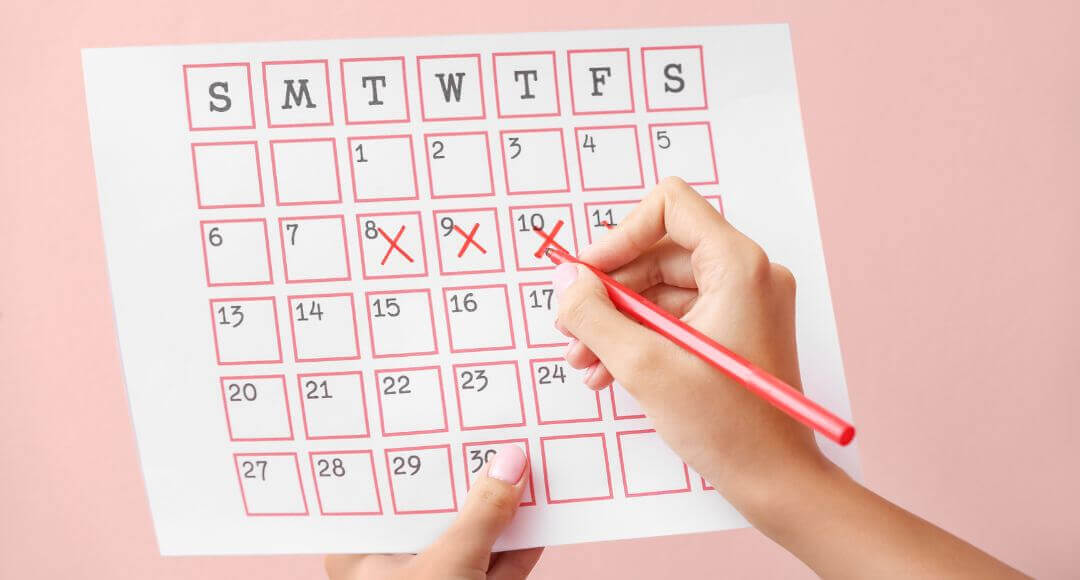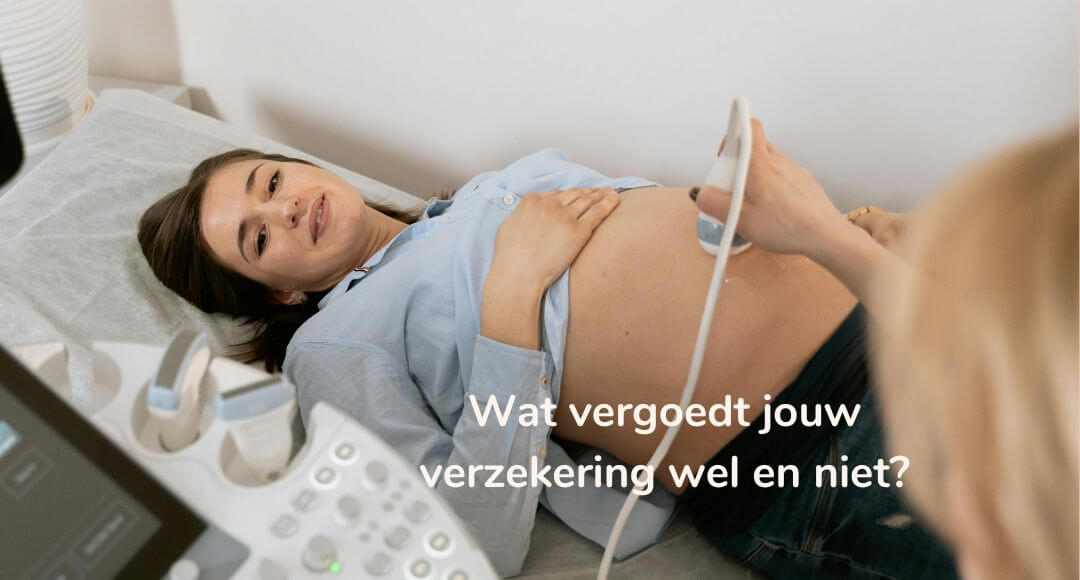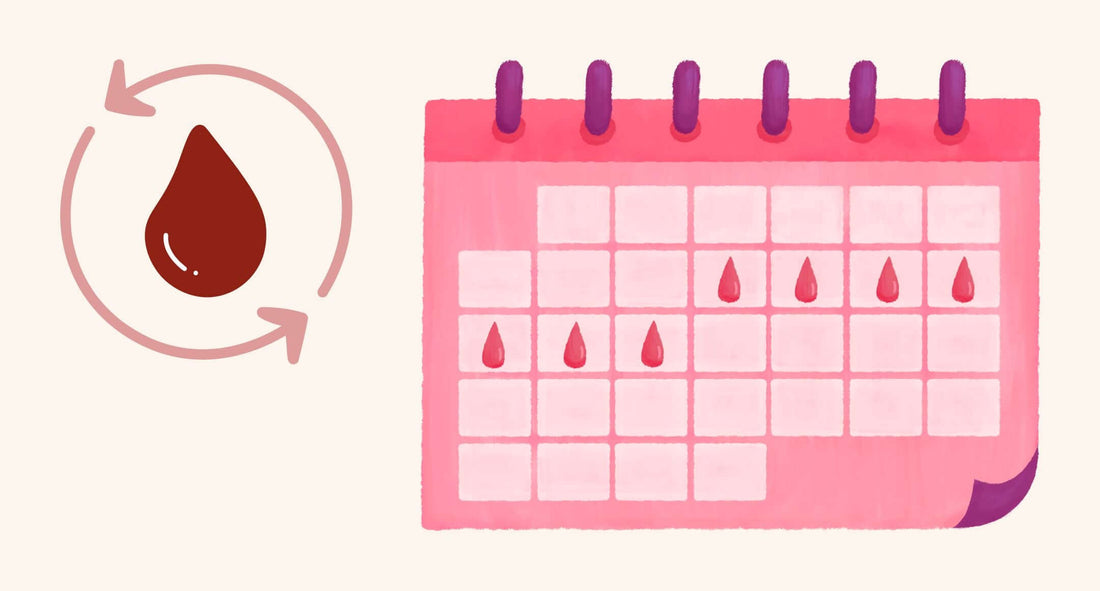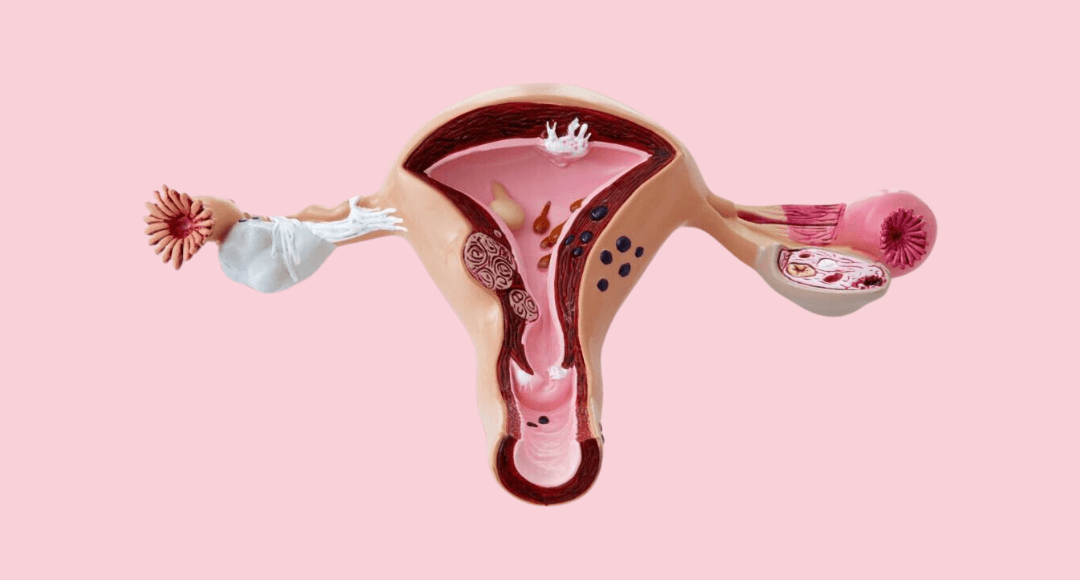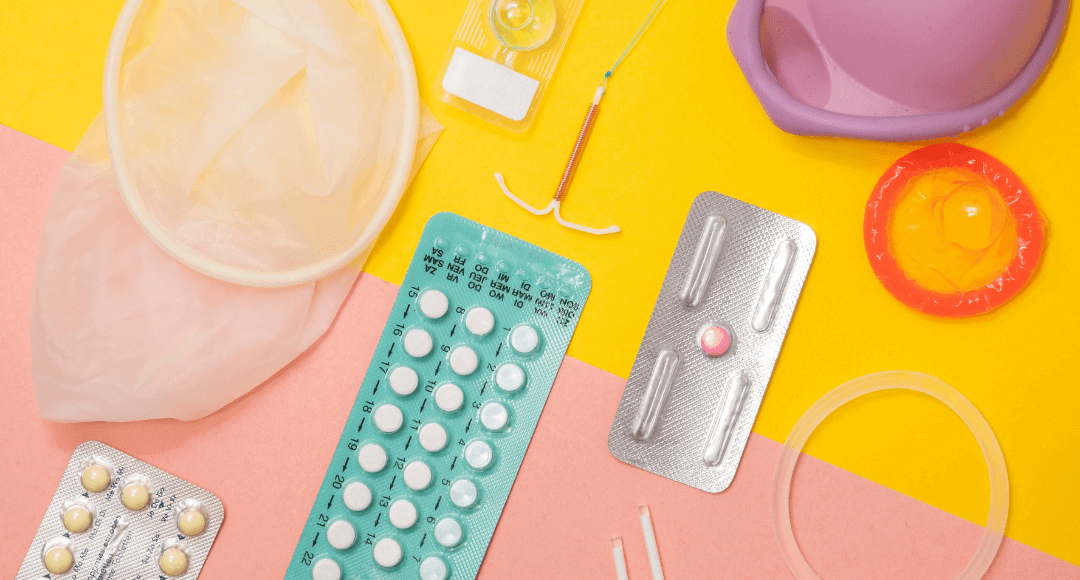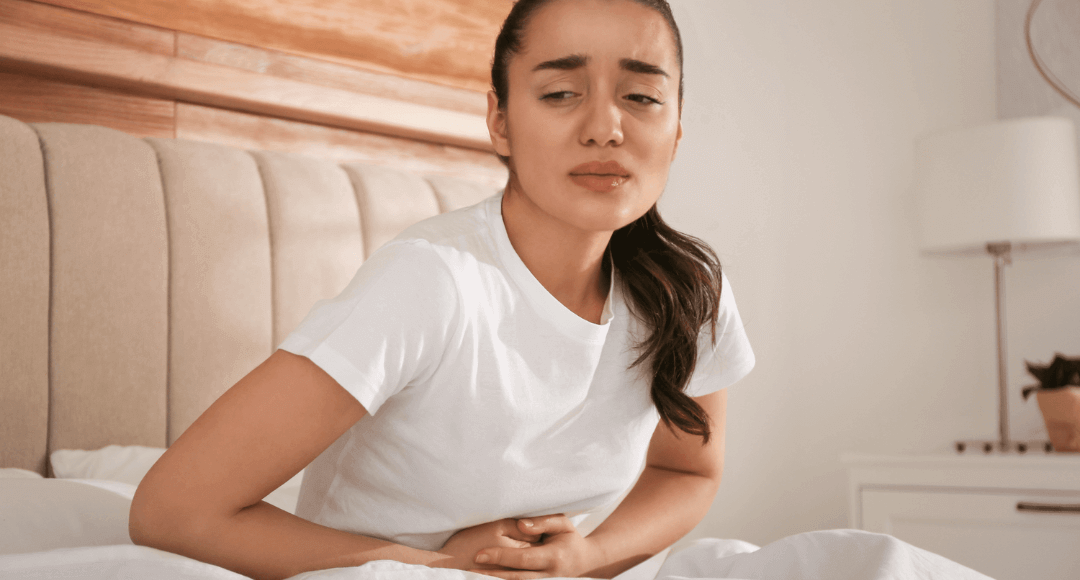One in 20 women has PMDD, premenstrual dysphoric disorder. This is a cyclical, hormone-based condition with symptoms occurring during the premenstrual phase (also called the luteal phase) of the menstrual cycle. This phase typically lasts from ovulation to the start of menstruation.
Although PMDD is directly related to the menstrual cycle, it is not a hormonal imbalance. PMDD is a severe negative reaction to the natural rise and fall of estrogen and progesterone. The only way to diagnose PMDD is by tracking your symptoms daily for at least two cycles.
Symptoms of PMDD can look like:
- Mood/emotional changes (e.g., suddenly sad or tearful, sensitivity to rejection).
- Irritability, anger or increased inner conflict.
- Depressed mood, feelings of hopelessness, feeling worthless or guilty.
- Anxiety, tension, or feelings of being tense or stressed.
- Decreased interest in usual activities (e.g., work, school, friends, hobbies).
- Difficulty concentrating, focusing, or thinking; brain fog.
- Fatigue or low energy.
- Changes in appetite, food cravings, overeating, or binge eating.
-
Hypersomnia (excessive sleepiness) or insomnia
(difficulty falling asleep or staying asleep) - Feeling overwhelmed or out of control.
- Physical symptoms such as breast tenderness or swelling, joint or muscle pain, bloating, or weight gain

If, after tracking two cycles, you suspect you might have PMDD, don't start any treatments yourself without consulting your doctor. Discuss it with your doctor, as they can then guide you through the process and help you decide on the next steps.
Heidi's story
My name is Heidi, and until five years ago, I'd never heard of PMDD. But when I read about it, it all clicked. I wasn't "crazy," and what was bothering me had a name.
I cried, and as strange as it sounds, I was glad to now know what had plagued me since puberty. From puberty onward, I was the insecure, sensitive girl who often struggled with herself; that's how I was known, and that's how I came to see myself. That had a huge impact on my self-esteem, because I was different.
I was sent from psychologist to psychologist to figure out what was wrong with me. No one ever thought about my hormones. I know I mentioned back then that I could feel incredibly bad one moment, only to feel better again a few days later. When I felt that bad, I was an insecure girl who felt worthless, cried a lot, and often saw death as a way out because I felt so intensely bad. Everything around me felt dark, and I felt completely alone. What difference would it make to anyone if I were gone? No one would miss me. Yet, the following week, I was a cheerful, spontaneous, and vibrant person again, with a renewed enthusiasm for life.
At 23 , I got pregnant, and during my pregnancy, I never felt so good—really stable. But after my pregnancy, I fell into a severe postpartum depression with a lot of anxiety, panic, and a deep black hole. That's when I started taking AD, which I still use today. My son is turning 22. After a year and a half, I started recovering. But at the time, I noticed that every month, from ovulation until my period, I transformed into an insecure, anxious, emotional woman who often felt lost. All the emotions hit me hard and completely devastated me emotionally. Then, from day two of my period, I completely cleared up again.
I also had physical complaints such as extreme fatigue and severe headaches, these also disappeared on the second day of my period.
Five years ago, I entered perimenopause, and the symptoms lasted almost the entire month, except for a few days. Then I started looking for the source of my symptoms, which I by then knew were hormonal. I joined the closed Facebook group pmddnederland.nl. I read so much that I recognized, and it became clear to me what I had been suffering from for almost 30 years. I tried several treatments, such as Zoely, Yasmin, and later chemical menopause. Unfortunately, my body reacted very strongly to those as well, and I couldn't manage it.
I've started bioidentical hormone therapy, which is thankfully going well, but I'm not yet symptom-free. I'm still figuring out the right dosage. I hope my story can reach many women who are dealing with these kinds of symptoms. You're not alone; there's help, and many women know what you're going through.
Check out pmddnederland.nl for lots of information on this topic.
Love Heidi
 This article was written by staff of PMDD Netherlands. PMDD Netherlands works to raise awareness, recognition, and support for Premenstrual Dysphoric Disorder (PMDD) in the Netherlands. They break down stigmas and offer knowledge to help women with PMDD, with the aim of improving care and understanding of this condition. The organization, founded by people with lived experience, makes PMDD a topic of discussion within society. For the blog, they asked Heidi to share her story about living with PMDD. This provides valuable insights and greater understanding for people with PMDD. Visit the PMDD Netherlands website for more information. |


